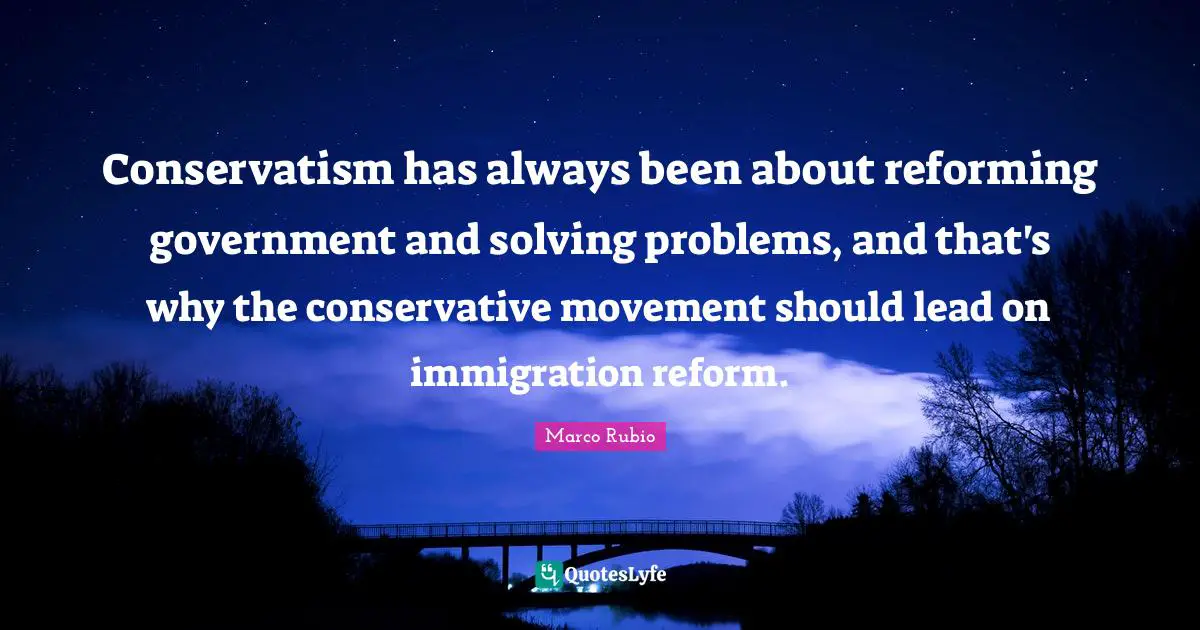A Conservative View: Reforming Harvard University

Table of Contents
Curbing Excessive Spending and Tuition Costs
Harvard's immense endowment, one of the largest in the world, raises questions about its efficient allocation. The soaring cost of tuition, placing a significant burden on students and families, demands immediate attention. Fiscal responsibility in higher education is paramount, and Harvard must lead by example. This requires a multifaceted approach:
-
Analyzing Harvard's Endowment: A thorough audit of the endowment's investment strategy is crucial. Are resources being utilized to their fullest potential? Could a more conservative, less risk-averse approach generate greater returns while minimizing potential losses? Transparency in endowment management is essential to regain public trust.
-
Identifying Cost-Cutting Measures: While maintaining academic excellence, Harvard can explore cost-cutting measures. This could involve streamlining administrative functions, negotiating better contracts with vendors, and reducing wasteful spending on non-essential projects. A detailed review of operational expenses is necessary to identify areas for improvement.
-
Reforming Financial Aid: While Harvard offers financial aid, its effectiveness needs scrutiny. Are current programs truly accessible to deserving students from all socioeconomic backgrounds? Reforms could include simplifying the application process, increasing grant aid, and potentially adjusting the need-based calculations to better reflect the financial realities of families.
-
Addressing Lavish Administrative Spending: Reports of lavish administrative spending have fueled public criticism. A detailed analysis of administrative salaries, perks, and non-essential expenses is crucial. Streamlining administrative structures and prioritizing essential functions over superfluous ones is vital to reduce the burden on students. The impact of administrative overhead on Harvard tuition costs must be directly addressed.
Promoting Intellectual Diversity and Free Speech
A significant concern among critics is the perceived lack of intellectual diversity and free speech on the Harvard campus. A climate of open inquiry is vital for a thriving academic institution. Harvard must actively foster an environment where diverse viewpoints are not only tolerated but celebrated.
-
Addressing Ideological Homogeneity: The perceived ideological homogeneity on campus creates an environment where dissenting opinions are often silenced or marginalized. Active measures must be taken to cultivate a more balanced representation of viewpoints, ensuring conservative voices are heard and valued. This requires a conscious effort to recruit faculty and students from diverse ideological backgrounds.
-
Strengthening Free Speech Policies: Harvard’s policies on free speech must be rigorously reviewed and updated to ensure they protect the rights of all members of the community to express their views, even if those views are unpopular or controversial. Clear guidelines, coupled with robust enforcement, are essential.
-
Inviting Conservative Speakers and Scholars: Actively inviting conservative speakers and scholars to campus is crucial for fostering intellectual debate. Such invitations should not be met with protests or censorship, but rather embraced as opportunities for engaging in meaningful dialogue.
-
Creating an Inclusive Environment: Creating an inclusive environment requires a commitment to respectful discourse. While robust debate is encouraged, it must be conducted with civility and respect. Harvard must actively combat intolerance and promote understanding among individuals with differing viewpoints. Viewpoint diversity is not just desirable but essential for academic excellence.
Restoring Meritocracy in Admissions and Scholarships
The fairness and transparency of Harvard's admissions process have been subject to scrutiny. Ensuring a truly meritocratic system, where admission is based on academic achievement and potential, is paramount.
-
Reforming the Admissions Process: A thorough review of Harvard's admissions process is crucial to ensure it is truly merit-based. This includes examining the weight given to various factors, such as standardized test scores, extracurricular activities, and essays, and ensuring that the process is transparent and accountable.
-
Evaluating Affirmative Action: The role of affirmative action in the admissions process is a complex and often contentious issue. Exploring alternative approaches to promoting diversity and inclusion while maintaining a merit-based system is essential. A balanced approach that values both merit and diversity needs to be carefully considered.
-
Merit-Based Scholarships: Scholarship allocation should primarily reward academic achievement and potential. This ensures that the most deserving students receive the financial support they need to pursue their studies. Transparency in the scholarship selection process is vital to maintain public trust.
-
Promoting Transparency and Accountability: A transparent and accountable admissions process is crucial to restoring public trust. Regular audits and independent reviews of the admissions process can help to ensure fairness and equity. The Harvard admissions process must be demonstrably fair and just for all applicants, regardless of background.
Conclusion
Reforming Harvard University requires a comprehensive approach addressing financial mismanagement, fostering intellectual diversity, and ensuring a meritocratic admissions process. By implementing the reforms outlined above, Harvard can reaffirm its commitment to academic excellence while upholding the principles of free speech and equal opportunity. A conservative perspective underscores the importance of fiscal responsibility, intellectual honesty, and a commitment to the pursuit of truth, regardless of political affiliation. Let's work together to advocate for a reformed Harvard University, one that prioritizes academic excellence, fiscal responsibility, and intellectual freedom for all. Join the conversation and help us shape the future of higher education. Let's begin the necessary reforms at Harvard University and inspire similar improvements at other institutions.

Featured Posts
-
 Ray Epps V Fox News A Deep Dive Into The January 6th Defamation Case
Apr 26, 2025
Ray Epps V Fox News A Deep Dive Into The January 6th Defamation Case
Apr 26, 2025 -
 Understanding The Karen Read Murder Trials Key Dates And Events
Apr 26, 2025
Understanding The Karen Read Murder Trials Key Dates And Events
Apr 26, 2025 -
 Stronger Than Expected Abb Vie Abbv Sales Fuel Profit Guidance Increase
Apr 26, 2025
Stronger Than Expected Abb Vie Abbv Sales Fuel Profit Guidance Increase
Apr 26, 2025 -
 Chinese Cars A Competitive Threat Or A Promising Future
Apr 26, 2025
Chinese Cars A Competitive Threat Or A Promising Future
Apr 26, 2025 -
 Europe Rejects Ai Rulebook Amidst Trump Administration Pressure
Apr 26, 2025
Europe Rejects Ai Rulebook Amidst Trump Administration Pressure
Apr 26, 2025
